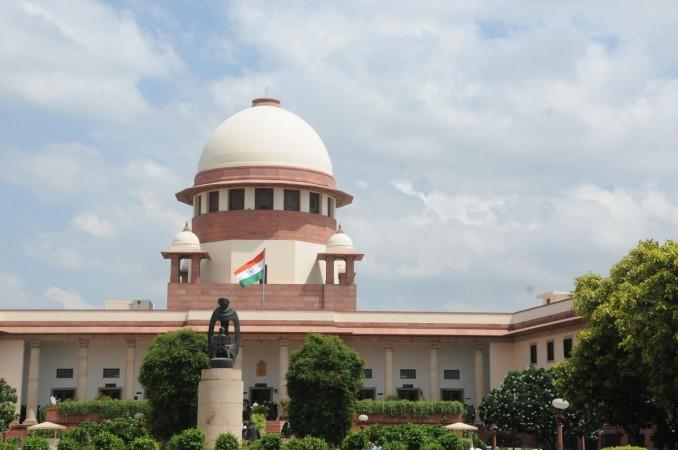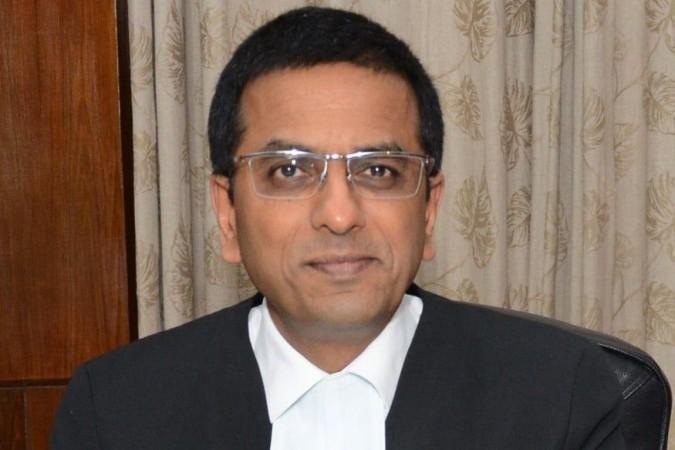When Chief Justice of India UU Lalit retires in November, after completing a 74-day tenure, the Supreme Court of India will get its 50th chief justice.
For the same, Justice Lalit has named Justice DY Chandrachud as his successor and handed over the letter to him on Tuesday morning, designating him as the next CJI. The official letter was handed over in the presence of other Supreme Court judges.

CJI and rules of convention
Around 30 days before the Chief Justice of India retires, the law ministry, as per protocol, writes to CJI asking for recommendations on the successor's name. The reply too, as per convention, is sent usually between 28 to 30 days before the due of retirement. Conventionally, the senior most judge, next in the line, is chosen as the successor.

Who is Justice DY Chandrachud?
Those well-entrenched in the law corridors of the nation, know Justice DY Chandrachud as the one to not mince any words even in his judgement. Popularly known as the man, who sees, "dissent as the safety valve of democracy." He has earlier served as the Additional Solicitor General of India in 1998. Having also been associated with Bombay High Court, Justice Chandrachud was sworn in as the Chief Justice of the Allahabad High Court in 2013. It was in 2016 that he was elevated as a judge in the top court.

It's all the in the family
When Justice DY Chandrachud takes over as the 50th CJI of India, that'll make the Indian judiciary as the only one in the world with a father-son duo having served as CJI.
He is the son of Justice YV Chandrachud, the 16th Chief Justice of India, who has had the longest tenure as CJI till today. He took oath as CJI on 22 February 1978 and had a tenure lasting 7years 4 months and 20 days. A timeline which is today impossible even for High Court Judges.
Justice YV Chandrachud is known for his judgements in the Habeas Corpus (ADM Jabalpur Vs Shivkant Shukla), Minerva Mills Case, Shah Bano, among others. However, his son Justice DY Chandrachud disagreed with the judgement pronounced in Habeas Corpus case.
Section 377
Of the various landmark judgements extensively quoted, the one on Section 377 remains a game-changer. Recognising privacy as a fundamental right, the judgement decriminalised Section 377 of the Indian Penal Code. Thereby making consensual adult homosexual relationships as legal. He famously said, "It is difficult to right a wrong by history. But we can set the course for the future." Justice DY Chandrachud is set to retire on November 10, 2024.









!['Had denied Housefull franchise as they wanted me to wear a bikini': Tia Bajpai on turning down bold scripts [Exclusive]](https://data1.ibtimes.co.in/en/full/806605/had-denied-housefull-franchise-they-wanted-me-wear-bikini-tia-bajpai-turning-down-bold.png?w=220&h=138)



